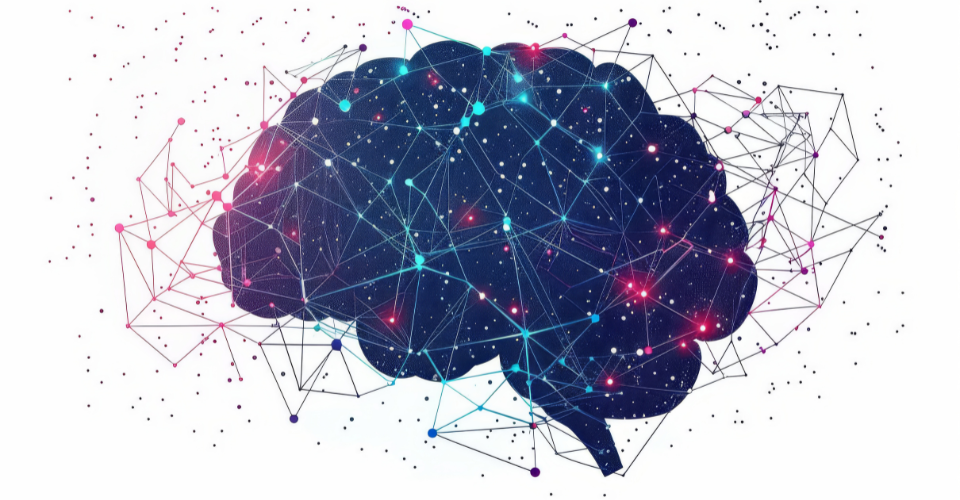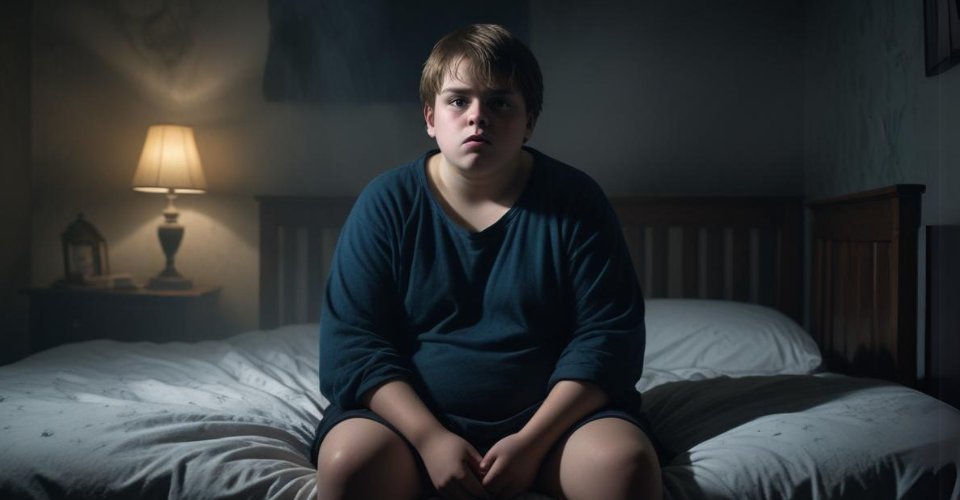In a recent scientific study published in the Journal of Affective Disorders, researchers have uncovered a significant and often overlooked aspect of fatherhood: the profound impact of unintended pregnancies on the mental health of new fathers during the postpartum period.
The study was prompted by a genuine curiosity to delve into the uncharted territory of how unintended pregnancies can affect men’s mental well-being in the critical early years of parenthood. An unintended pregnancy is one that occurs unexpectedly or without prior planning, and it can trigger a range of emotional responses and challenges for both partners involved.
Imogene Smith, a lecturer and psychologist at The Cairnmillar Institute and one of the study’s authors, shared her motivation for this research: “My first published research paper was an exploration of men’s decisions to remain childless. Based on these findings, I realized that some men who wanted to remain childless would, statistically, end up becoming fathers anyway. With approximately half of all pregnancies worldwide being unintended, this is an issue that affects a significant number of people.”
While prior research has delved into the relationship between maternal mental health and unintended pregnancies, the impact on fathers has largely remained uncharted territory.
This study, however, aimed to bridge this knowledge gap and provide a comprehensive analysis of how men’s reproductive intentions, or lack thereof, may influence their mental well-being.
Unintended pregnancies, often accompanied by a mix of surprise and uncertainty, can place substantial stress on both expectant parents. The emotional impact on women has been widely studied, with a focus on maternal well-being.
Still, the psychological consequences for men have not received the same level of attention. This study sought to rectify this imbalance.
Research Uncovered The Complexities Of Fatherhood And Mental Health Of New Fathers
The research, conducted by a team of dedicated psychologists and researchers, unveiled a connection between unintended pregnancies and the mental health of new fathers. It sheds light on the challenges and vulnerabilities that men face when their parenthood journey is unexpected, paving the way for a deeper understanding of the complexities of fatherhood.
The findings from the study indicate that men who experience unintended births may be at a significantly higher risk of encountering mental health difficulties in the postpartum period.
The emotional toll of an unplanned pregnancy, coupled with the adjustments required in becoming a parent, can create a unique set of stressors for fathers. These stressors, the study suggests, may contribute to a higher likelihood of mental health challenges.
Imogene Smith, reflecting on the implications of the study’s results, highlighted the importance of recognizing the impact of unintended pregnancies on men: “This study underscores the need to broaden our perspective on parenthood and its emotional toll. Fathers, just like mothers, can be profoundly affected by the circumstances surrounding the arrival of a child, and their mental health should not be overlooked.”
The research process involved a meticulous examination of the reproductive intentions of men and their subsequent experiences during the transition to fatherhood. It involved data collection and analysis, including surveys and interviews with fathers, to gain a comprehensive understanding of their emotional journeys.
As the study emphasizes, unintended pregnancies are a global issue affecting a substantial portion of the population. Recognizing their potential impact on the mental health of both men and women is vital.
This research serves as a critical step toward acknowledging and addressing the psychological challenges that fathers may face when their path to parenthood takes an unexpected turn.
In conclusion, the recent study published in the Journal of Affective Disorders illuminates a previously unexplored facet of fatherhood – the profound influence of unintended pregnancies on men’s mental health.
By shedding light on this overlooked aspect, the research underscores the importance of providing support and resources to help fathers navigate the emotional challenges that can accompany unplanned parenthood.
In a world where parenthood is rarely a linear journey, understanding and addressing the diverse needs of all parents, regardless of gender, is essential for promoting the well-being of families and individuals alike.




























